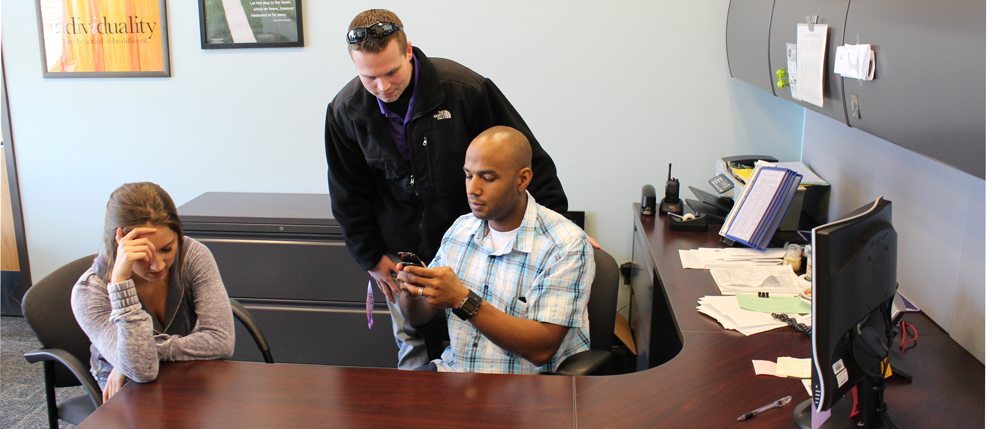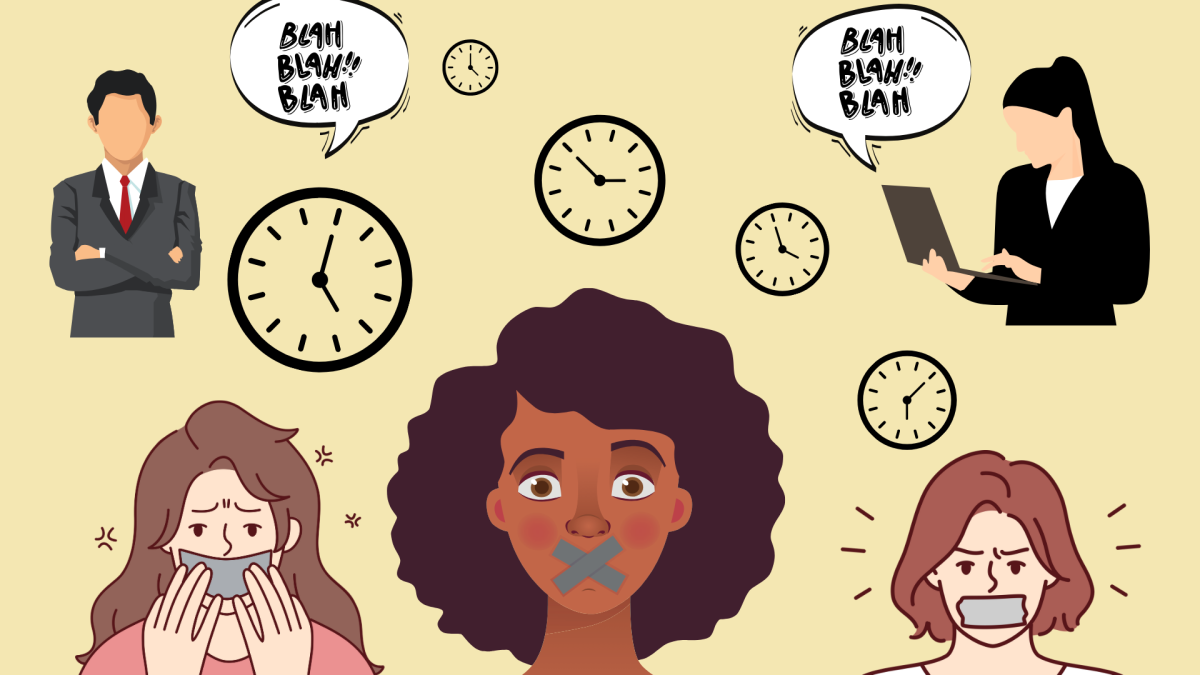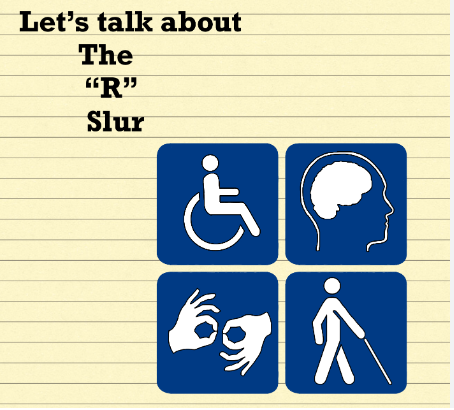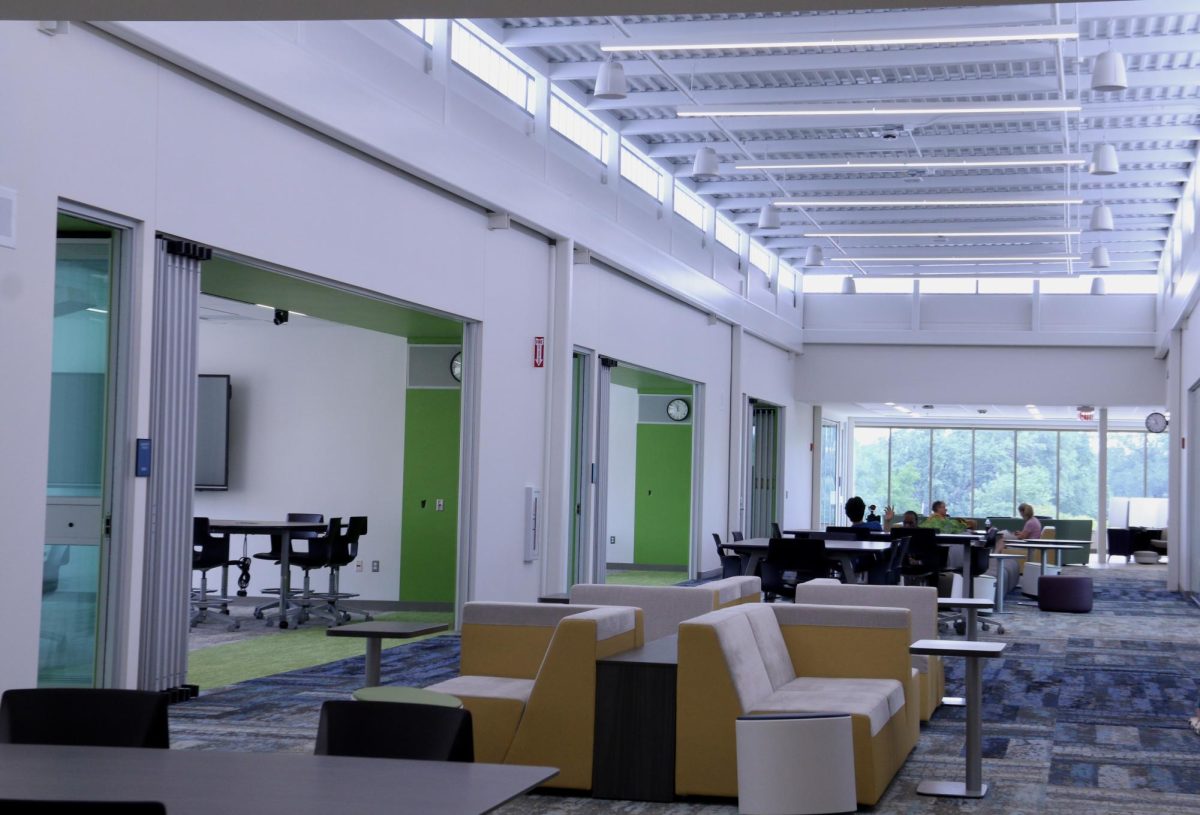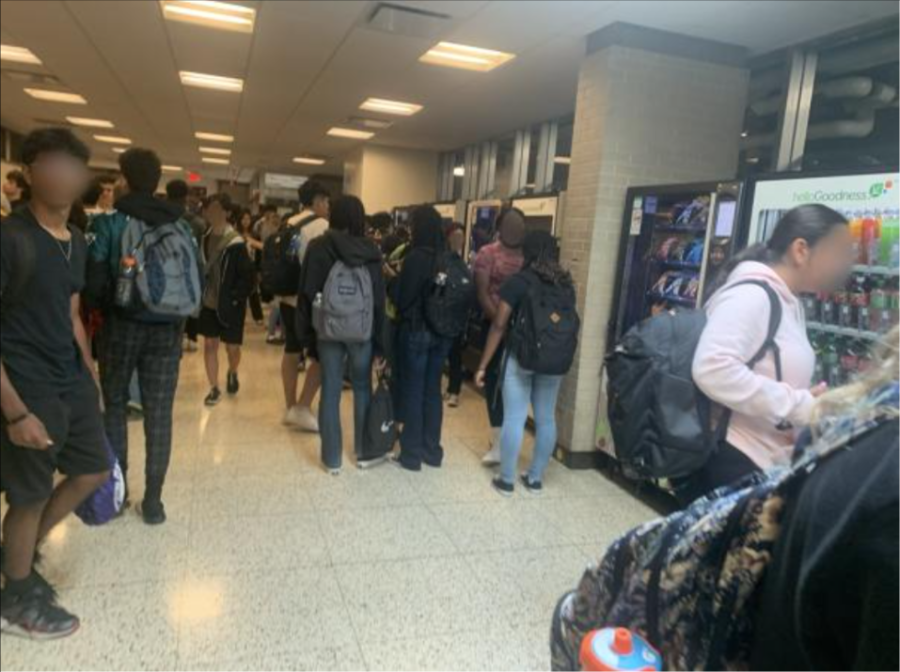At Adlai E. Stevenson High School in Lincolnshire, school officials recently confiscated student cell phones in an attempt to stop drug trafficking. The law upholds the right of the school administrators to confiscate cell phones and read through text messages when there is “reasonable suspicion” that the safety of the school environment is in jeopardy. The school’s recent abuse of their investigating privileges has angered students and parents, and has garnered a lot of negative publicity from the Chicago area media. Could something like this happen at Niles North?
According to NBC News (Channel 5) Chicago, two students were arrested as a result of the cell phone investigation. In addition, a number of students have been suspended. However, Stevenson’s Public Information Coordinator, Jim Conrey, refused to release any details regarding student suspension to this reporter, saying, “From our point of view, one is too many.” Conrey also confirmed that the policy of confiscating and viewing suspect cell phones would continue.
Is there really a difference between reading students’ text messages and wiretapping their phones to listen in on their conversation? “Schools have a duty to provide a safe and orderly learning environment for their students, and should use all legal and ethical means to deal with disruptions,” Conrey said.
Though it may be the school’s duty to keep its environment safe, administrators have no right to invade the privacy of their students– doing so only creates an environment of mistrust and paranoia. Even if they did have reasonable suspicion to look through a student’s phone, what type of conversation between two teenagers can really be deemed proof that they’re involved with drug dealing?
“I realize it’s legal, but I don’t think it’s enough evidence to prove a student did anything wrong,” said Lauren Baker, a senior at Stevenson. “For one thing, kids say stupid things all the time to impress other people or joke around.” She also noted that texting is anonymous in the sense that people can assume others’ identities but picking up their phone and texting without the recipient knowing who’s truly on the other end. “In that case, the owner of the phone maybe should have been more responsible, but do cases like that merit suspension?” she said.
As we all know, rumors spread fast in high school. How are the authorities to distinguish between truth and gossip?
When the cell phone confiscations first began, Baker said, the reactions ranged from scared to outraged among students and parents. “The next day I walked into school and the atmosphere was completely changed. People were on edge. Everyone was talking about the bust and it was extremely difficult to focus on anything else in class,” Baker said. “Every time a Deans Pass was delivered to a class period, everyone was silent and nervous. It was an incredibly tense week.”
Here at Niles North, students are able to text during passing periods and lunch, giving them a lot of freedom and comfort. Though the administration doesn’t practice this particular surveillance method, they do technically have the authority to obtain student cell phones for investigating possible crimes or violations of school policy. If our school were to use a confiscation policy similar to Stevenson’s, these comfortable feelings at school would likely be replaced by a distracting amount of resentment and fear.
“I don’t think there would be a single student in favor of this practice, even the kids who hadn’t done a single bad thing in their lives. It’s an invasion of privacy, and it’s ridiculous,” Niles North junior Yuliya Yukhvidin said.
Enabling school officials to freely look through students’ phones whenever they want is an invasion of personal privacy. Many kids reveal personal information in their conversations that school officials aren’t meant to see. Why should administrators have access to such private information? The Stevenson Board of Education’s statement regarding the inspection of student cell phones states: “As you would expect, if the District finds that students have engaged in behavior that is in violation of the law or Stevenson’s Code of Conduct, the District will issue appropriate consequences.”
That means that the school can use its authority to punish forms of misconduct other than drugs, and that means that this exemption can spread to every little incident. For example, if the school decides that they can handle the problem of bullying or cheating the same way they did with drug trafficking, they could end up looking through everyone’s cell phone. Using such extreme tactics so frequently for minor cases isn’t worth forfeiting student freedom, privacy and trust.
“People definitely bring their phones [to school] less and text less. Everyone, even kids who had done nothing wrong, were scared of being implicated in anything even remotely bad, drug related or not,” Baker said.
Because cell phones continue to be so pervasive, fair policies regarding confiscation and privacy need to be put in place in schools everywhere. The issue of personal privacy versus school safety will continue to be an issue, especially with the ever-growing popularity of cell phones.


